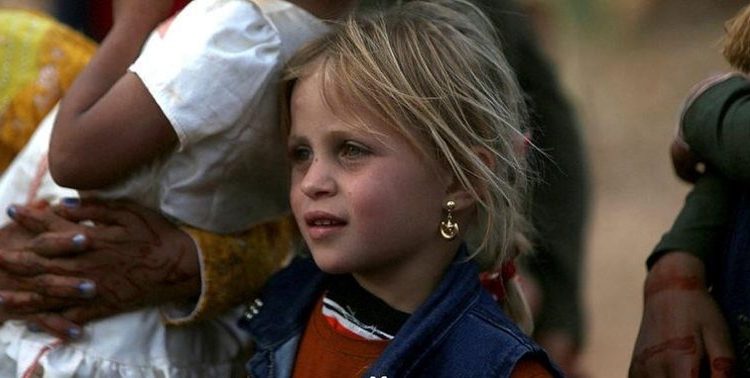High Commissioner to Special Session of the Human Rights Council on Ukraine: Many of the Allegations of Violations of International Human Rights and Humanitarian Law in Ukraine May Amount to War Crimes
The Human Rights Council this morning began its thirty-fourth special session on the deteriorating human rights situation in Ukraine stemming from the Russian aggression, hearing the High Commissioner for Human Rights say that her Office continued to verify allegations of violations of international human rights law and of international humanitarian law in Ukraine, many of which may amount to war crimes.
Michelle Bachelet, United Nations High Commissioner for Human Rights, said that the causes of civilian casualties that the Office had been recording in Ukraine had not significantly changed since the last time she addressed the Council. The vast majority continued to be caused by the use of explosive weapons with wide area effects in populated areas, such as shelling from heavy artillery, including multiple launch rocket systems, and missile and air strikes. According to information, while such incidents could be attributed to both parties to the conflict, most of these casualties appeared attributable to the Russian armed forces and affiliated armed groups. The only way to bring a stop to further violations was to end the hostilities.
Victor Madrigal-Borloz, Chair of the Special Procedures’ Coordinating Committee, said that since 24 February, the Coordinating Committee had been receiving information about the disastrous consequences of the Russian invasion of Ukraine. Every day, this information added to a catalogue of grave violations of international human rights law and humanitarian law. The consequences of this military attack on the protection and promotion of human rights in Ukraine would be profound and long-lasting and would cause immense suffering and irreparable harm lasting for generations. The Russian Federation should immediately end its invasion of Ukraine to avoid further bloodshed and loss of life.
Erik Møse, Chairperson of the Independent International Commission of Inquiry on Ukraine, said the Commission was – as stated in its mandate – independent. It had no link to any particular country, party, or entity. The Commission would continue to seek contact with the parties to the conflict, with victims, civil society and other stakeholders. It would be necessary to build upon a broad range of sources that would have to be considered together. The Commission would evaluate the evidence carefully, giving particular weight to primary evidence and seeking corroboration whenever needed. The findings of the Commission, reported to the Human Rights Council, would be based on the independent assessment of the commissioners and their analysis of the information and evidence that came out of their investigations.
Russia was not present in the room to take the floor as a country concerned.

